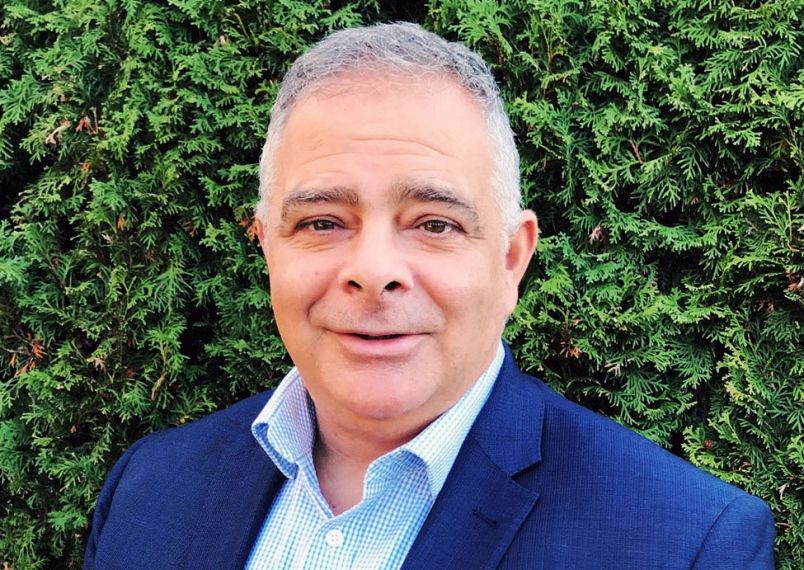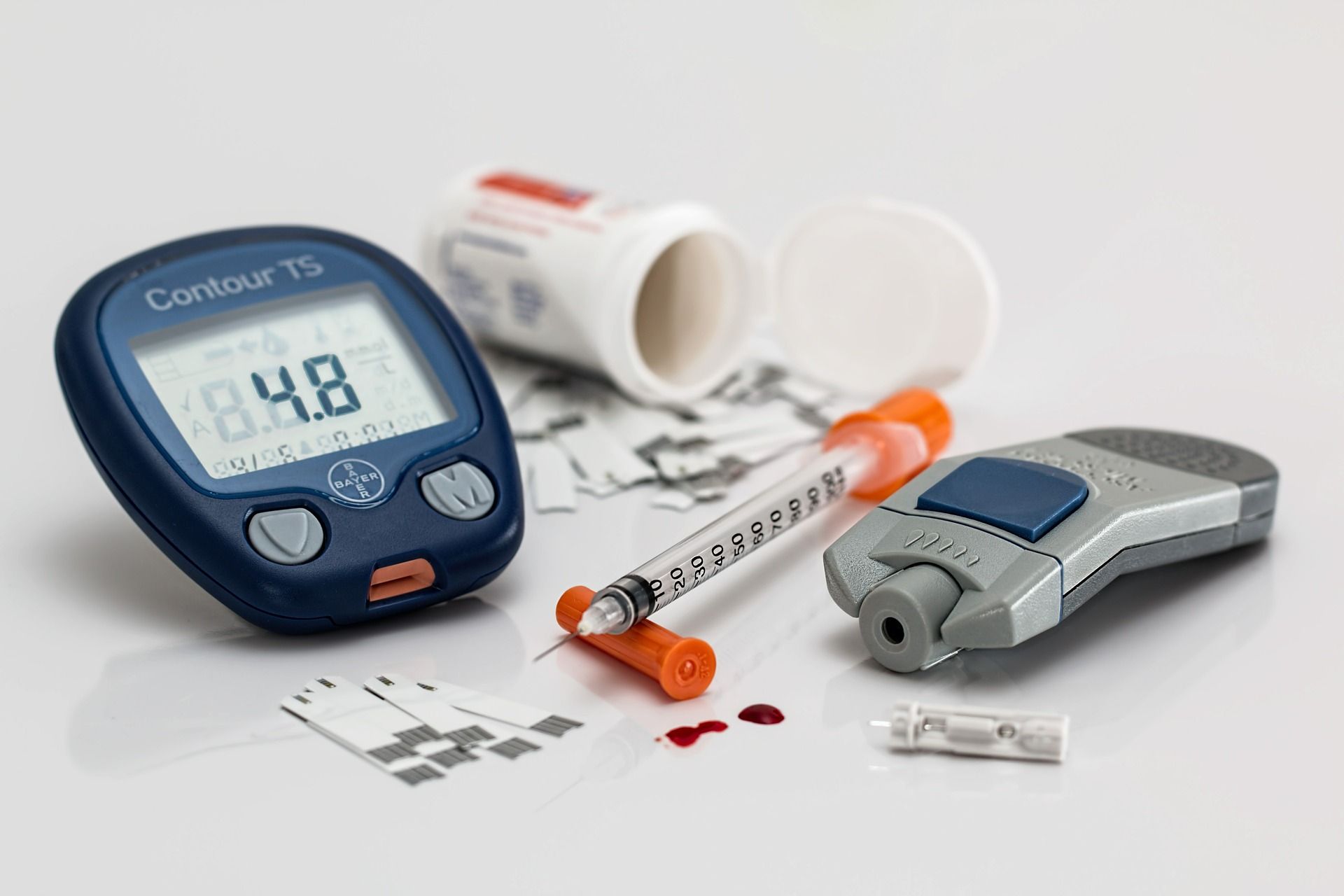domi also wants to demystify some of the disease complications and setbacks to create more awareness of what life is like with type 1 diabetes.
“there are variables of exercise, stress, travel to cope with,” he explained. “any type of stress, if you get yelled at by your coach, you’re travelling and there’s time zones, you’re dehydrated or if you haven’t eaten anything since noon, they’re all going to impact your blood sugar like no one else has to deal with – but i’ve become accustomed to it.”
like everyone else, he has his down days where he’s wondered “why me?” but he credits the evolving technology for making his health easier to keep on track. one of the bigger challenges is how intense exercise like hockey can increase insulin sensitivity so he’s more at risk of having a low blood sugar than someone sitting at a desk for a living. and he’s open about the fact that mistakes happen all the time with miscalculations on insulin needed after he’s eaten something or had a particularly grueling workout.
he’s diligent about making those calculations for his best performance, but there’s a lot going on in elite sport.
“on game day, there’s morning skate, so there’s a warmup for that and then treatment and then i go out on the ice for 15 minutes. that’s all going to impact blood sugar. then you get off the ice, have a pre-game meal, have a nap, wake up, have a warmup or workout after that, then you have a game and after that you have a workout – so there’s like five or six things that you have to be aware of and you’re always playing catchup,” he said. “it’s a lot of figuring it out, trial and error, becoming your own doctor in some ways and listening to your doctors, and taking a lot of data and notes.”
 5 minute read
5 minute read























